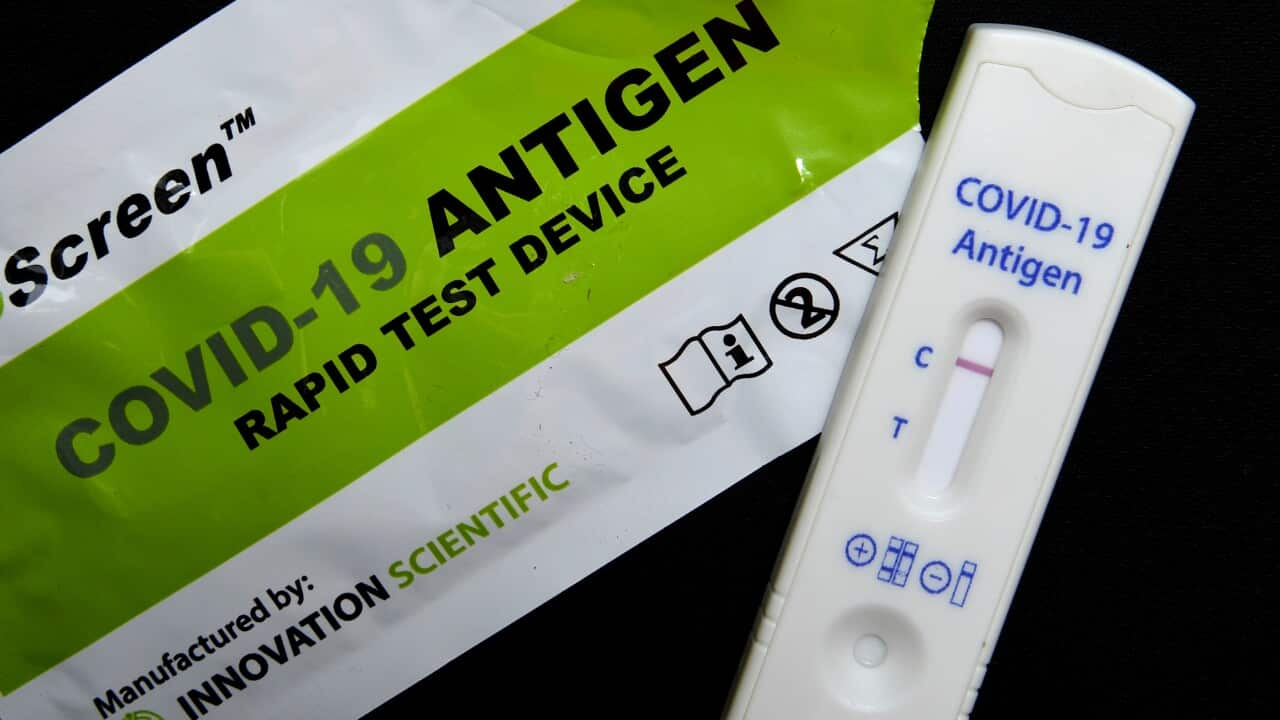Australia has the highest per capita rate of COVID-19 infections of any comparable country in the world, but pathologists fear they haven't got the full picture.
In most cases, people are using rapid antigen tests in the home which firmly places the responsibility to report on the individual rather than a health professional.
It is the first time that the public has been given that kind of responsibility,
Microbiologist and infectious diseases physician Caitlin Keighley says it is important for Australians to register their positive tests.
She says without accurate data on infections, there was no way of knowing the true number of positive infections in the community.
Without that data it is difficult to plan public health responses and assess the impact of treatments and vaccines.
"I suspect patients aren't self-reporting because they don't realise the importance for public health and potential treatment. Most are probably still self-isolating," Dr Keighley told AAP.
She said Australia's current infection numbers meant it was not necessary to routinely ask patients to confirm antigen tests with a PCR test.
But she said a PCR test was helpful to distinguish if the patient also suffered from concurrent influenza - which could be tested for on the same PCR.
"I urge Australians to report all positive rapid antigen tests to their state health department," she said.
"When you are unwell, reporting your positive test may not seem like a priority, but it is so important to take the time to do so. It informs us of the public's resistance to the virus and allows us to take steps to reduce its effect on patients."
It comes as another 68 people with COVID-19 have died across Australia as more than 43,000 new cases are recorded.
Queensland reported 18 new deaths on Tuesday, Victoria 16, NSW and South Australia both 14, and Western Australia six.
Some 12,114 new COVID-19 infections have been detected in WA's latest reporting period, 11,656 in Victoria, 8,752 in NSW, 5,118 in Queensland, 3,482 in SA, 913 in Tasmania, 820 in the ACT, and 236 in the Northern Territory.
There are 1,234 people with the virus in NSW hospitals, 545 in Victoria, 451 in Queensland, 312 in WA, 232 in SA, 90 in the ACT, 46 in Tasmania, and 17 in the NT.
Thirty-eight COVID-19 patients in NSW are in intensive care (ICU), 36 in Victoria, 17 in Queensland, 12 in WA, nine in SA, three in the ACT, and one each in Tasmania and the NT.

